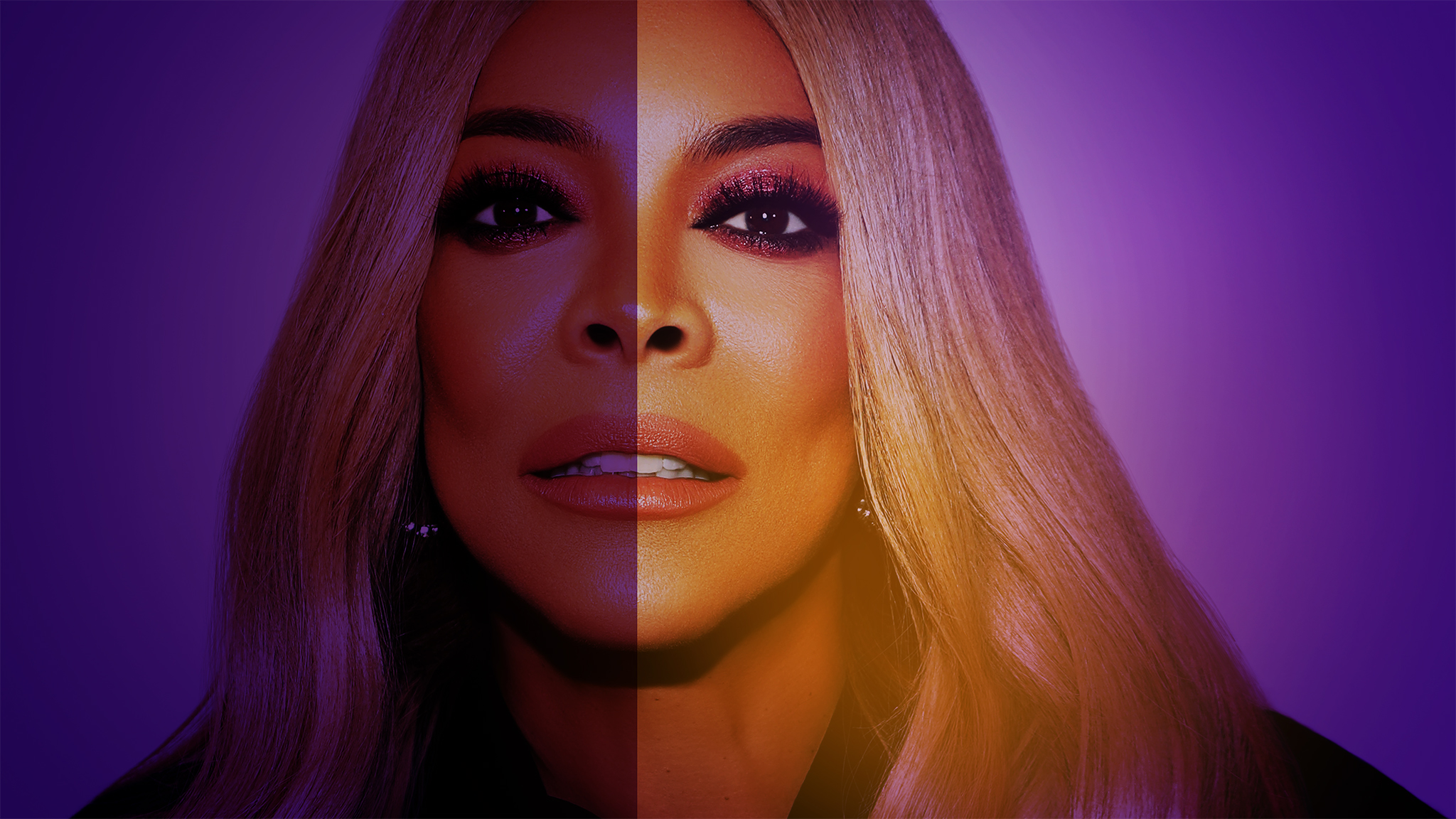A+E Networks faces accusations of exploiting former talk show host Wendy Williams in its recent documentary, “Where Is Wendy Williams?” as guardians for Williams file unsealed court documents revealing their concerns about the portrayal of the media personality.
Two weeks ago, guardians for Wendy Williams filed a sealed emergency injunction seeking to halt the airing of the documentary on Lifetime. Now, newly unsealed court documents obtained by Page Six shed light on the guardians’ allegations against A+E Networks.
In the documents, Wendy Williams’ appointed guardian, Sabrina Morrissey, accuses A+E Networks of “shamelessly exploiting” Williams in the documentary. Morrissey claims that the network filmed Williams “in an obviously disabled state,” which “cruelly implies” that her “disoriented demeanor is due to substance abuse and intoxication.”
Advertisement
Williams, who was diagnosed with frontotemporal lobe dementia and aphasia in May 2023, was allegedly told that the documentary would portray her “in a positive manner like a phoenix rising from the ashes.” However, Morrissey asserts that the documentary’s trailer, released on February 2, exploited Williams’ condition for entertainment value and the prurient interest of television viewers.
The lawsuit, originally filed in the New York County Supreme Court on February 20, sought a temporary restraining order against the release of the documentary. Morrissey condemns the “blatant exploitation of a vulnerable woman with a serious medical condition,” describing it as “disgusting” and calling for it to be stopped.
The accusations against A+E Networks highlight the ethical considerations surrounding the portrayal of individuals with disabilities and serious medical conditions in the media. As the legal battle continues, the case raises questions about the responsibility of networks and production companies to treat vulnerable subjects with dignity and respect.
The outcome of this lawsuit will have implications not only for Wendy Williams and A+E Networks but also for the broader conversation about media representation and the treatment of individuals with disabilities in the entertainment industry.
Thoughts?
Watch the Joe Budden Podcast discuss below.

